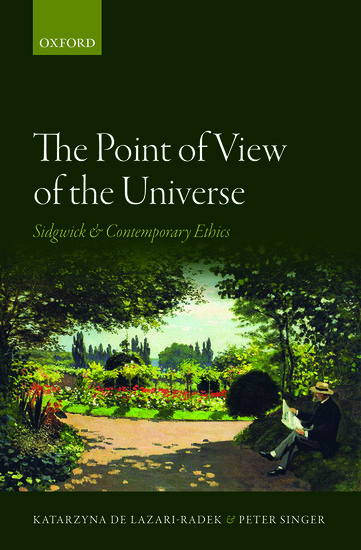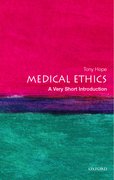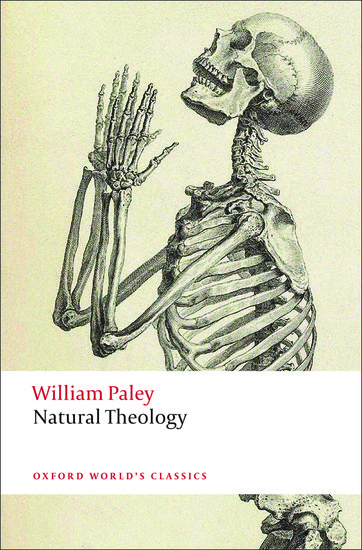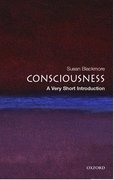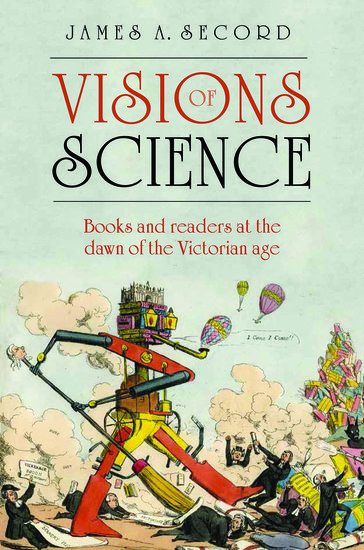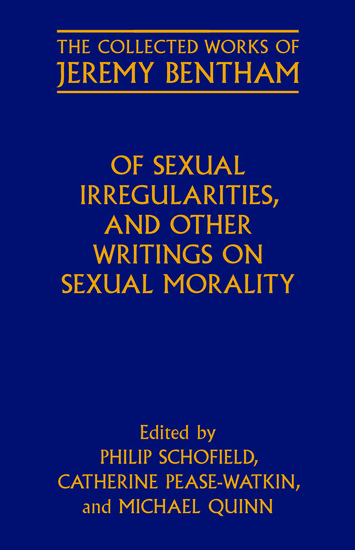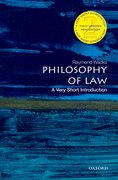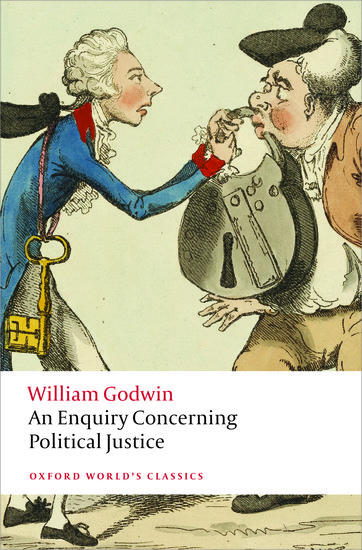The point of view of the universe
By Katarzyna de Lazari-Radek and Peter Singer
We are constantly making decisions about what we ought to do. We have to make up our own minds, but does that mean that whatever we choose is right? Often we make decisions from a limited or biased perspective.

